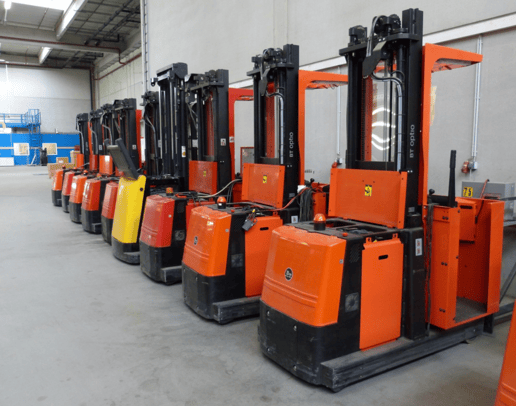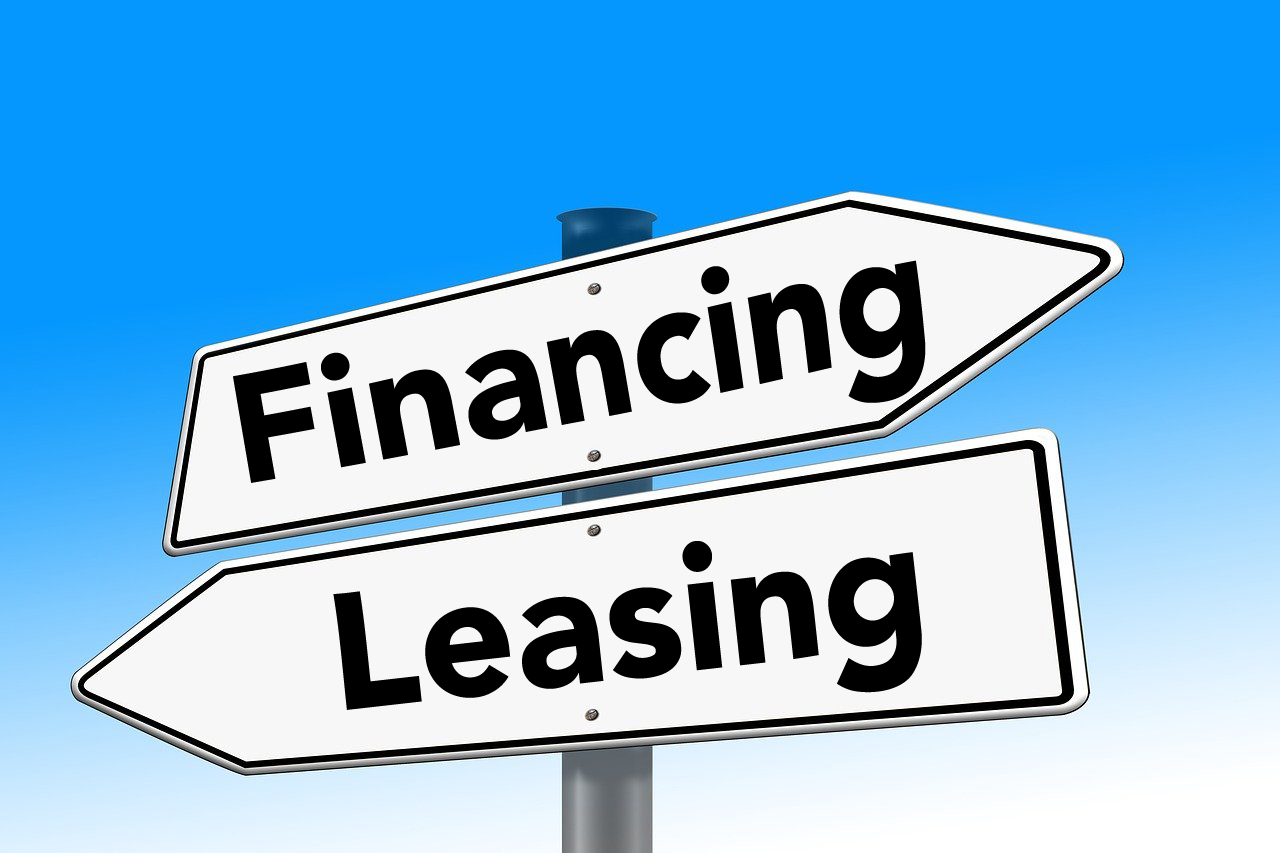
Developing the foundation to becoming an independent equipment appraiser can come from many different career paths. It can be beneficial to work in another capacity before gaining accreditation in this lesser-known valuation discipline. My background began in equipment finance, leasing, and the asset management side of that business.
When people hear the term asset management, they may first think of the financial investment “money” side of the practice. However, for the past 40+ years, it has become a significant component of every equipment lending business as well.
The risk profile associated with every machinery and equipment loan or lease needs to be leveraged with the internal ability to understand better the value of the assets being collateralized by these investments. A potential exit strategy must also be put in place should the equipment be repossessed in a default situation or returned at the end of a lease expiration.
In the early days of equipment asset management, most finance companies relied on working with equipment brokers and auctioneers who managed their returned equipment and facilitated the sale of these assets under a liquidation scenario. This often resulted in exceptionally low returns to the lender, who then faced absorbing losses from their initial investments.
Working with these equipment dealers over time became an educational experience for internal asset managers, who learned how to better estimate current and future equipment values and how best to resell returned equipment for higher prices.
Over time, many of these equipment lenders, banks, and leasing companies sought out experienced appraisers and certain industry experts to work more directly with them to minimize future investment risk and maximize the return on their used equipment sales.
In many cases, they eventually hired them full-time to manage their portfolios while working closely with the rest of the investment team on a day-to-day basis to create a synergized relationship with the rest of the operation.
It is common today to see accredited appraisers working internally for many larger banks and leasing companies. Having their asset managers educated and experienced in independently appraising machinery and equipment creates the best risk profile for the financial services business, and it allows for the opportunity to maximize the resale value of their returned equipment portfolio.




